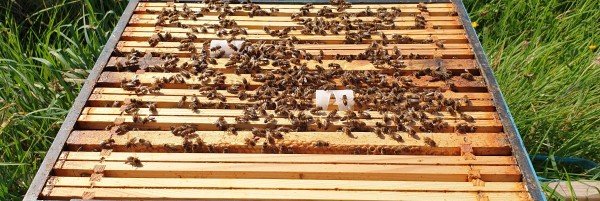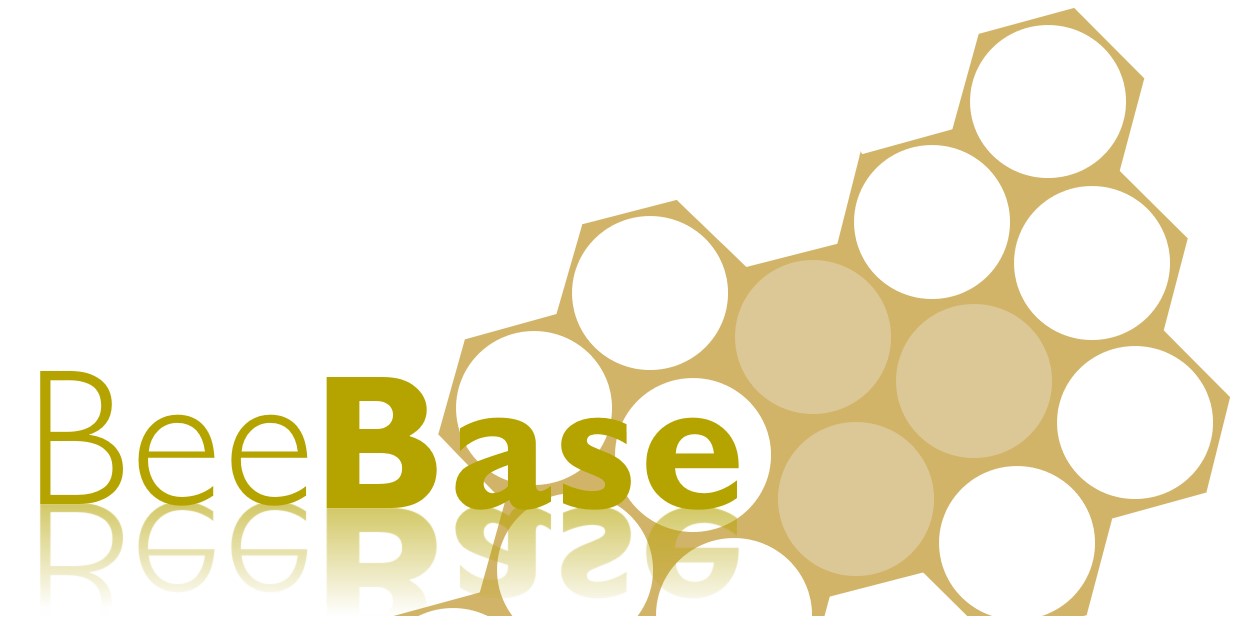Quick Links
- Report a reaction to a veterinary medicine (in animals or humans), or a suspected lack of efficacy of a veterinary medicine
- Search for a veterinary medicine on the VMD's Product Information Database
- Prescribing Cascade for unauthorised veterinary medicines
- Applying for a Special Import Certificate
- Veterinary Medicines Administration Record
The Veterinary Medicines Directorate (VMD)
The Veterinary Medicines Directorate (VMD) is an executive agency of the Department for Environment, Food and Rural Affairs (Defra). The VMD promotes animal health and welfare by assuring the quality, safety, and efficacy of veterinary medicines and are responsible for:
- Monitoring and taking action on reports of adverse effects from veterinary medicines or where there are instances of suspected lack of efficacy;
- Testing for residues of veterinary medicines or illegal substances in animals and animal products (including honey);
- Assessing applications for, and authorising companies to sell, veterinary medicines in the UK;
- Controlling how veterinary medicines are made and distributed;
- Advising government ministers on developing veterinary medicines policy and putting it into action; and
- Making, updating, and enforcing UK legislation on veterinary medicines.
Further information on the work of the VMD can be found on their website;
Veterinary medicines and bees
It is the responsibility of the VMD to authorise and regulate the market for all veterinary medicines in the UK. These medicinal products are safe, when used according to their authorised conditions of use (their marketing authorisation). However, it is important that the manufacturer’s instructions are followed to ensure that there are no detrimental effects to the colony, the beekeeper, and food safety. All authorised products have undergone a thorough scientific assessment of data to show that they meet statutory levels of quality, efficacy and safety to the user, bees, consumers of bee products and the environment.
A list of the products currently authorised for use in bees can be found on the VMD’s Product Information Database. To find veterinary medicines relating to bees, filter ‘Honey Bees’ in the ‘Species’ section and click 'Run Search' at the bottom of the page. Each authorised product will have a link to their Summary of Product Characteristics (SPC), explicitly laying out the authorised conditions of its use.

Reporting side effects and product (medicine) failures for bee medicines
It is crucial to report any adverse events involving authorised products used in bees, including product failure (i.e., lack of efficacy). This enables the VMD to ensure that medicines on the market are as safe and as effective as possible. You can report any problems with veterinary medicines, whether in animals or humans, directly to the VMD online.
The Veterinary Medicines Regulations (2013) and unauthorised medicines
The Veterinary Medicines Regulations 2013 (VMR) sets out the legal requirements for the manufacture, authorisation, marketing, distribution, and post-authorisation surveillance of veterinary medicines. Honey bees are classed as a food-producing animal and therefore it is vital that beekeepers comply with these regulations.
Importantly, the VMR states that without a veterinary prescription, it is an offence to use an authorised veterinary medicine in a manner that is not in full accordance with its marketing authorisation. Additionally, without a veterinary prescription, it is an offence to administer unauthorised products (e.g., generic "raw" oxalic acid crystals, self-made thymol solutions) to bees, for the purposes of treating or preventing disease (e.g., varroosis). Please note that some products available on beekeeping websites are not authorised veterinary medicinal products and although available, should not be administered to a colony, unless prescribed by a veterinary surgeon.
However, where clinically justified, veterinary surgeons are permitted to prescribe veterinary medicines for use in bees in an unauthorised manner, or to prescribe unauthorised medicines for use in bees. To treat or prevent disease in bees, the veterinary 'cascade' permits veterinary surgeons to prescribe medicines to bees that are authorised to treat a different species and/or a different condition. In this way, only veterinary surgeons are legally permitted to authorise so-called "off-label" use of medicines to bees. Further information can be found online.
Veterinary surgeons can apply, via a Special Import Certificate (SIC), to the VMD to import a veterinary medicine that is authorised in another country to treat or prevent a disease in bees but is not authorised for such use and/or is not available in the UK. The administration of veterinary medicines imported in accordance with an SIC remains the responsibility of the importing veterinary surgeon. Further information can be found online.
Medicine record card
The VMR also clarifies that, as bees are classed as food-producing animals, beekeepers must maintain documentation containing details of veterinary medicinal products administered to colonies for at least five years, irrespective of whether or not the colony concerned is no longer in that keeper’s possession or has died during that period.
When a veterinary medicinal product is purchased or acquired, beekeepers must, at the time, record:
- The name of the product and the batch number;
- The date of acquisition;
- The quantity acquired; and
- The name and address of the supplier.
At the time of administering the medicine, beekeepers must record:
- The name of the product;
- The date of administration;
- The quantity administered;
- The withdrawal period; and
- The identification of the animals treated.
A beekeeper who disposes of any or the entire veterinary medicinal product other than by treating a colony must record:
- The date of disposal;
- The quantity of product involved; and
- How and where it was disposed of.
To do this you should use a Veterinary Medicines Administration Record.
